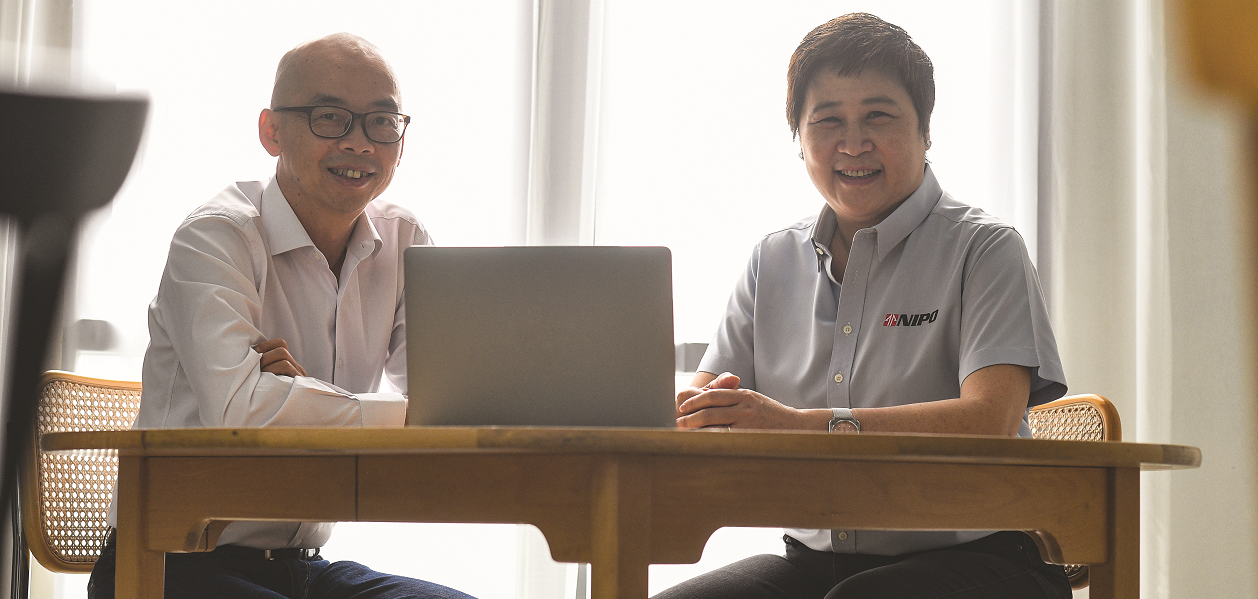A chance encounter with IPI in 2015 evolved into a unique opportunity for Nipo International to collaborate with Nanyang Technological University (NTU) on a groundbreaking innovation which can potentially help save money, lives and the environment. As a manufacturer of coating systems for the construction industry, Nipo is always exploring new technologies to bridge technology supply and demand.
Nipo’s Director Amanda Khoo had initially approached IPI through their Innovation Marketplace to explore possible collaborations. “IPI listened intently to our wish list and made many introductions,” says Khoo. “Our initial intent was to find a paint solution that provided electromagnetic interference (EMI) to protect buildings from X-ray radiations.”
One introduction was to a research team in NTU, which had formulated an inorganic coating technology to contain EMI waves. Khoo zeroed in on a small feature of the EMI coating, hoping that there was potential to expand on its corrosion protection property. “The global cost of corrosion is estimated to be as much as US$2.5 trillion,” explains Khoo. “Finding a suitable coating can have a significant financial and environmental impact. It can also possibly save lives.”
With that, their partnership was cemented with NTU. Three years on, the collaboration has birthed a system that chemically bonds with the metal substrate to form a self-healing coating. The result is a unique technology that eclipses current solutions in terms of materials needed, protective capabilities, cost efficiency and environmental sustainability.
Along the way, Nipo also became a bridge between different research institutions through this project. “As part of the research, we needed to conduct some tests. But there are very few experts for this unique technology. Hence, we had to rope in the Singapore Institute of Manufacturing Technology (SIMTech) and Agency for Science, Technology and Research (A*STAR),” shares Khoo.
Besides the creation of a stable coating technology, both organisations have also reaped other benefits from this collaboration. While Nipo gained the much-needed resources and expertise for the research and development (R&D) of the new product, NTU was able to tap Nipo’s abilities to scale up production and access global markets through their customer base. “The great thing about working with a local SME is that their senior management and roots will always be in Singapore,” says David Toh, CEO of NTUitive, the innovation and enterprise company of NTU.
“We can build a long-term relationship with the company without worrying about losing touch with the management.”
The experience was also a lesson in how an original idea or intent can build, grow and evolve through co-innovation. “IPI was able to seek an innovative solution for Nipo from a researcher. We were later able to expand on that relationship further and find other innovative solutions to address their needs,” explains Toh.
Khoo agrees. “It is important to give every research a chance, even if the original intended pitch was for a different application. IPI exposes SMEs to the latest technology and trends to tackle challenges in our respective industries. We look forward to future cooperation with IPI and their team of dedicated officers.”

